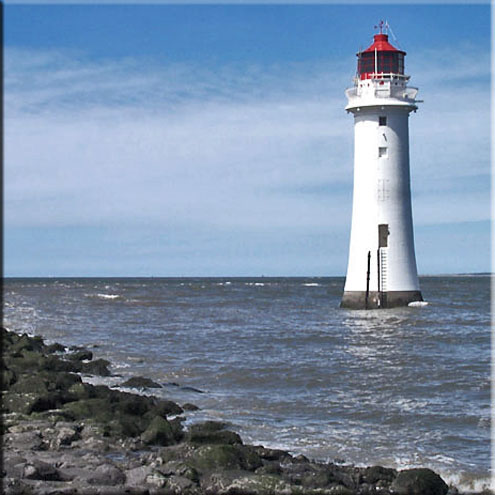 Public goods are defined as products where, for any given output, consumption by additional consumers does not reduce the quantity consumed by existing consumers.
Public goods are defined as products where, for any given output, consumption by additional consumers does not reduce the quantity consumed by existing consumers.There are very few absolutely public goods, but common examples include law, parks, street-lighting, defence, light-houses etc.
As there is no marginal cost in producing the public goods, it is generally argued that they must be provided free of charge, because otherwise the people who benefit less than the cost of using the public good, will not use it. That will lead to a loss of welfare.
Also the goods are mostly non-excludable, that means that if once provided everybody can use them, which when charged will lead to the "Free Rider effect". So these goods will not be provided by free markets as there is no way to charge for the usage, the solution is, that state must provide these goods and finance them from taxes collected from everybody.
 Merit goods on the other hand are products generally not distributed by means of the price system, but based on merit or need, because people although having perfect knowledge would buy the wrong amount of them. These goods can be supplied by free market, but not on the right quantity.
Merit goods on the other hand are products generally not distributed by means of the price system, but based on merit or need, because people although having perfect knowledge would buy the wrong amount of them. These goods can be supplied by free market, but not on the right quantity.Merit goods are, for example, education and to some extent the health-care. They are provided by state and are deemed beneficial to society.
In many cases, these goods are subsidised by governments in an effort to increase consumption.
De-Merit goods - A good which is considered unhealthy or damaging in some way (Detrimental to society).

A demerit good can be physically harmful (cigarettes), mentally harmful (gambling), or morally harmful (prostitution).
In many cases, demerit goods are subject to additional taxes in an effort to reduce consumption; these taxes are frequently known as sin taxes.
No comments:
Post a Comment